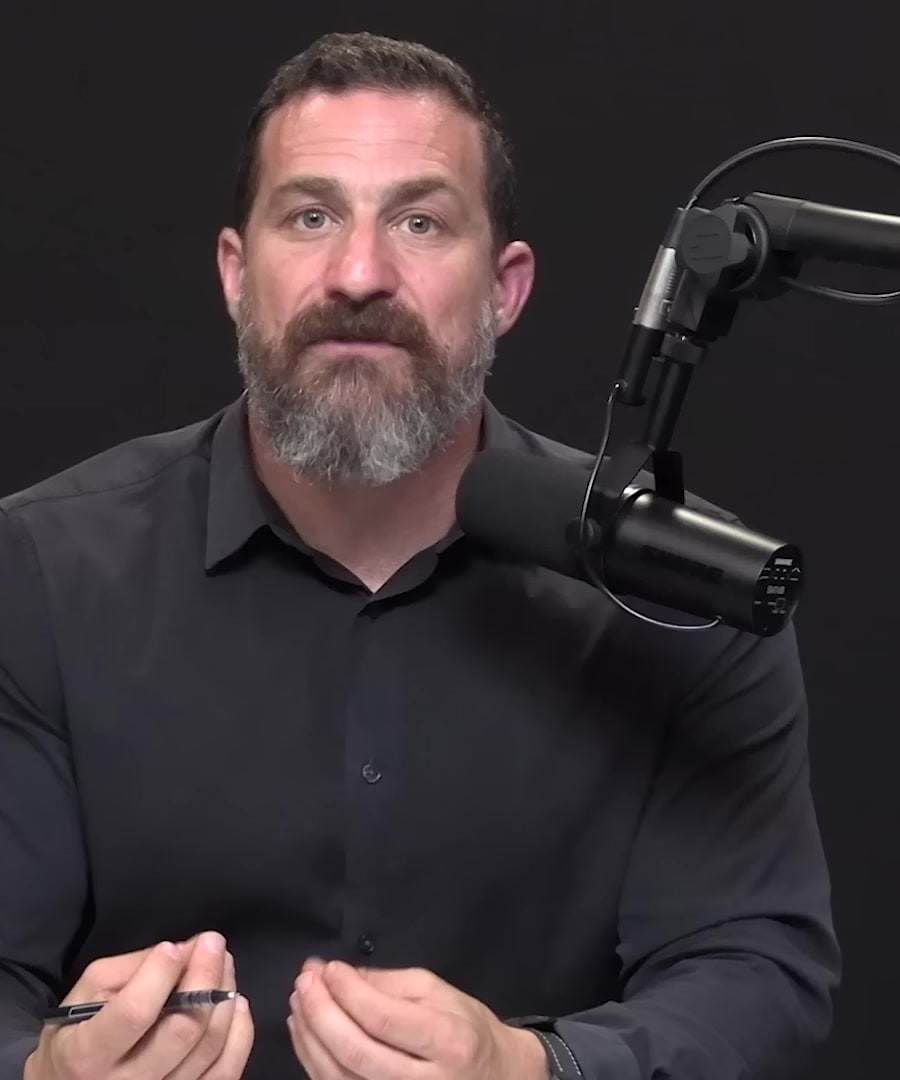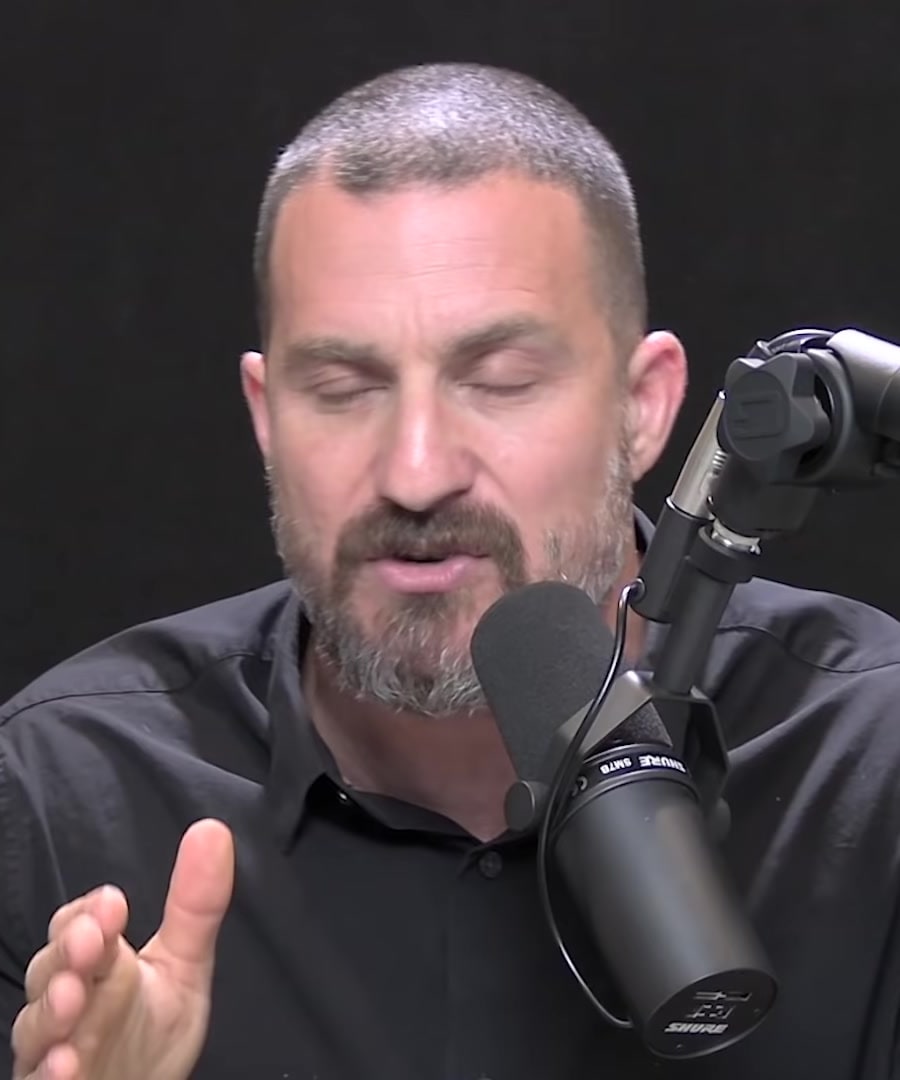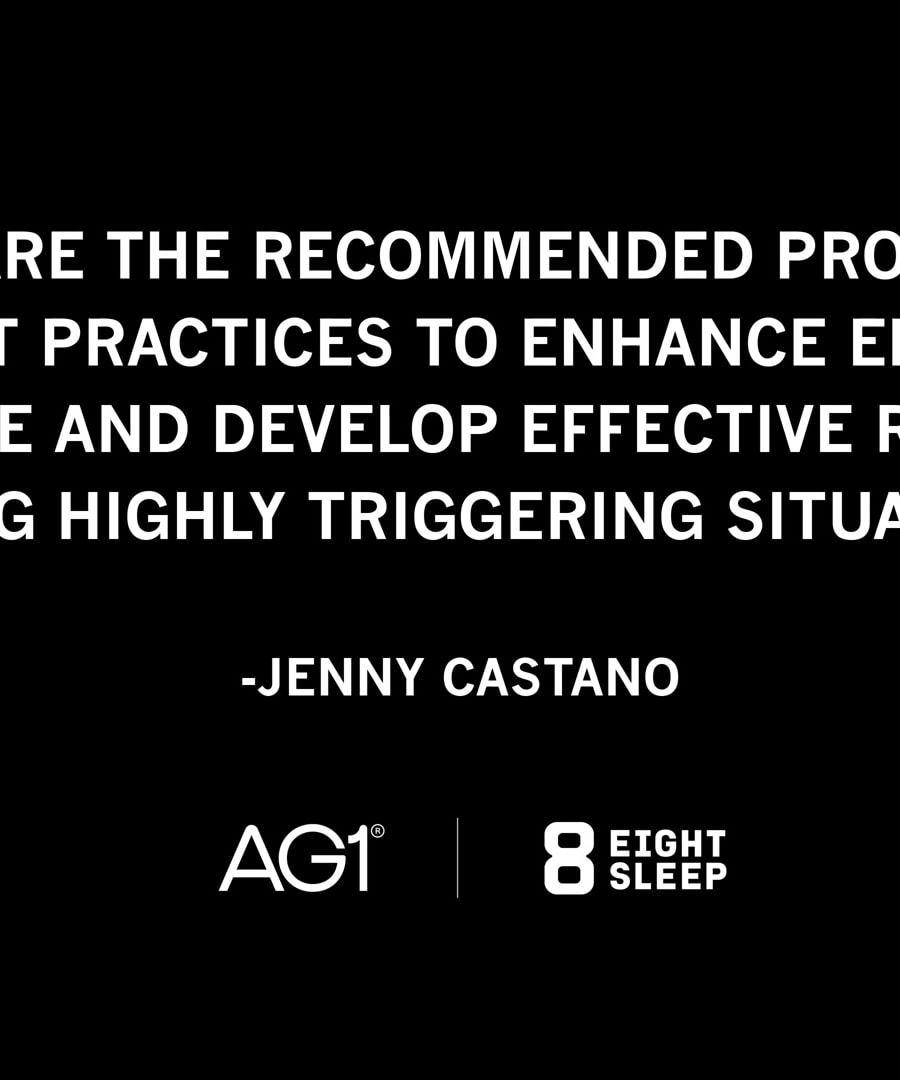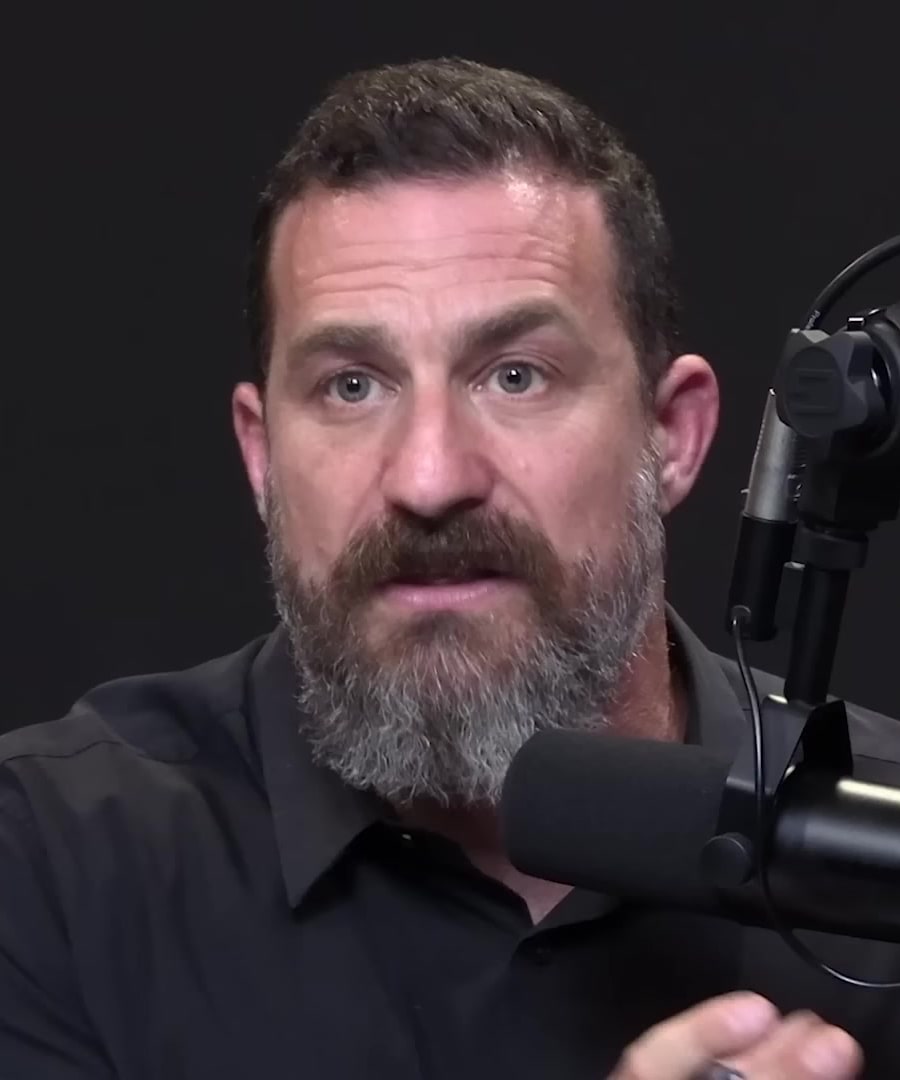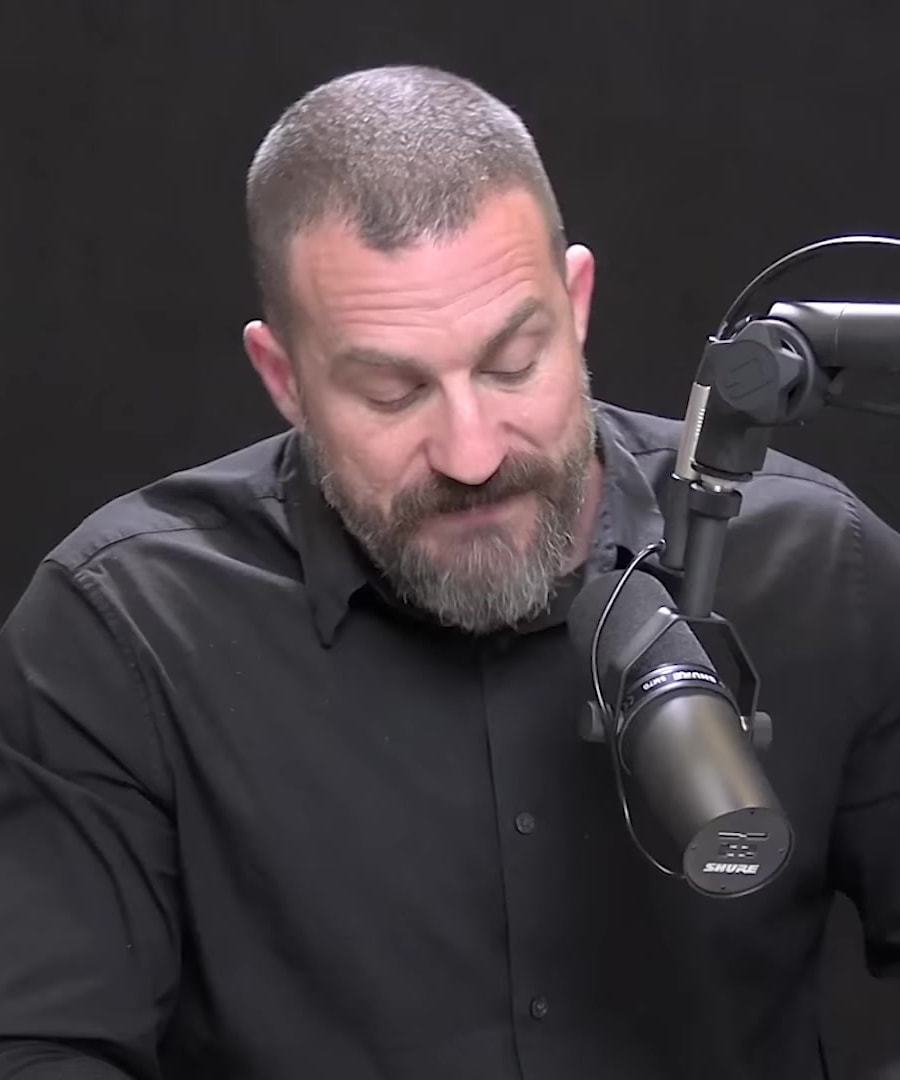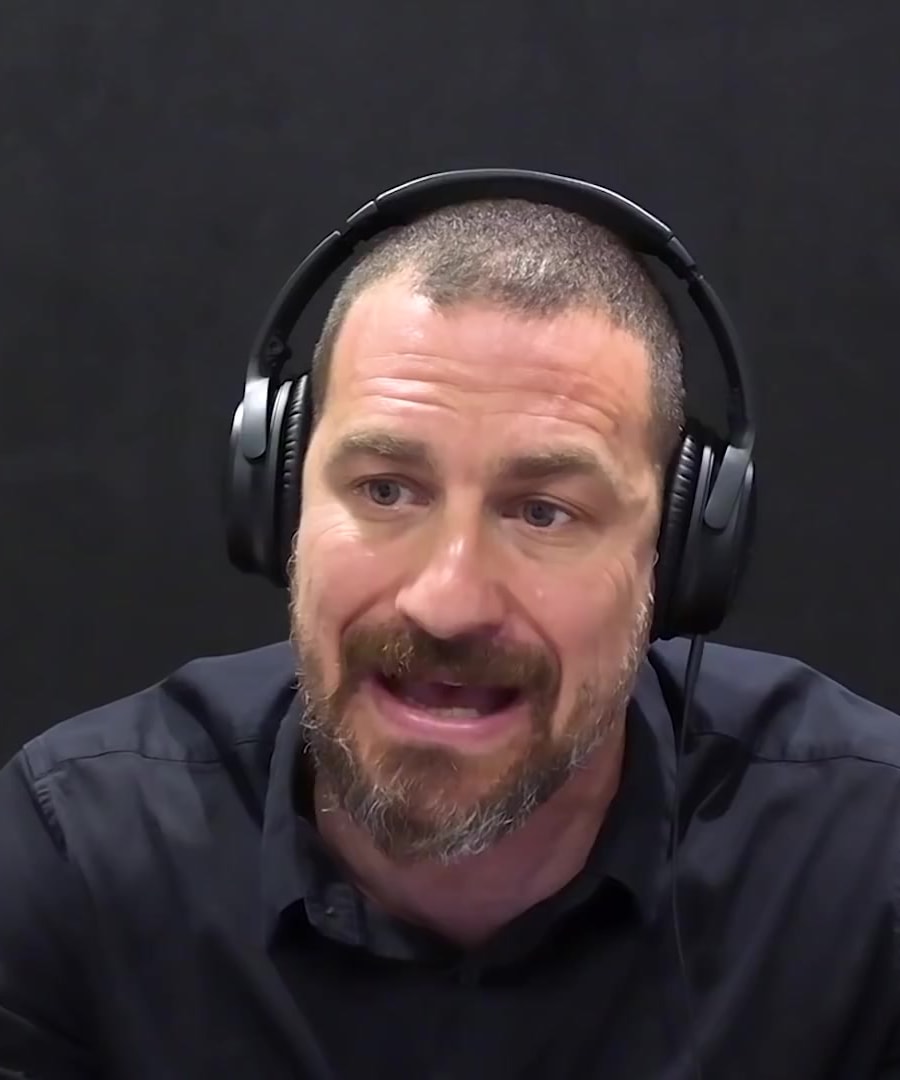Best protocols for reducing anxiety
Sources:
Several strategies for reducing anxiety are highlighted by . These include:
-
Breathing Techniques:
- Physiological Sigh: A rapid way to calm oneself down by taking a double inhale through the nose, followed by a long exhale through the mouth. It opens the avioli in the lungs, reducing the feeling of asphyxiation due to stress and effectively decreasing anxiety 1.
- Cyclic Physiological Sigh: Repeating the physiological sigh for 5 minutes per day can lead to improvements in mood, anxiety, and various metrics of mental health 2.
-
Hypnosis:
- Reveri Hypnosis App: Offers various hypnosis protocols backed by science to enhance focus, creativity, and reduce anxiety. These are designed to allow you to guide your brain toward relaxation and focus, aiding in stress reduction and increasing mental plasticity 3.
-
Managing Stress:
- Understanding Stress Response: Building emotional resilience requires understanding our nervous system and engaging in good self-care practices, like ensuring a good night's sleep and morning routines, that set the stage for emotional resilience and a reduced likelihood of being triggered 4.
-
Writing for Healing:
- Writing Protocol: Delving into stressful or traumatic experiences through writing can have long-lasting positive effects on mental and physical health. However, it’s essential to be prepared for the emotional impact, and perhaps starting with less traumatic events to gauge suitability for the protocol 5.
-
Recalibrating Threat Response:
- Breathing Protocols: These protocols can either calm or increase autonomic arousal for stress management. Repeated exposure to short-term behavioral stress, even at high intensity, can resolve stress-induced effects 6.
-
Hypnosis Success Rates:
- Clinical Hypnosis: For issues like smoking cessation, anxiety relief, pain management, and trauma, hypnosis has shown great success when done with a clinical, board-certified hypnotist 7.
Each approach addresses anxiety from a different angle, and some may have stronger effects depending on individual differences and the situation. For the most personalized and effective application of these strategies, individuals may consult with healthcare professionals or certified practitioners.
RELATED QUESTIONS-
Best protocols for reducing anxiety
- RELATED QUESTIONS
